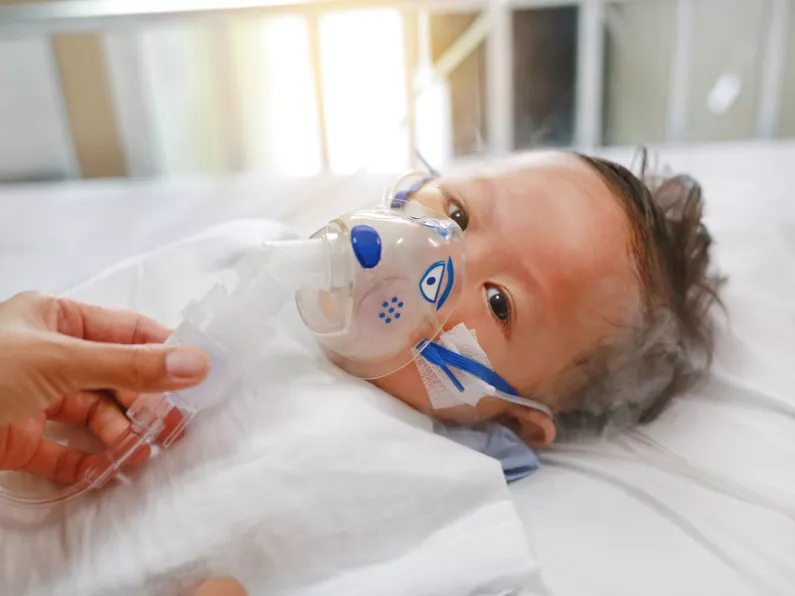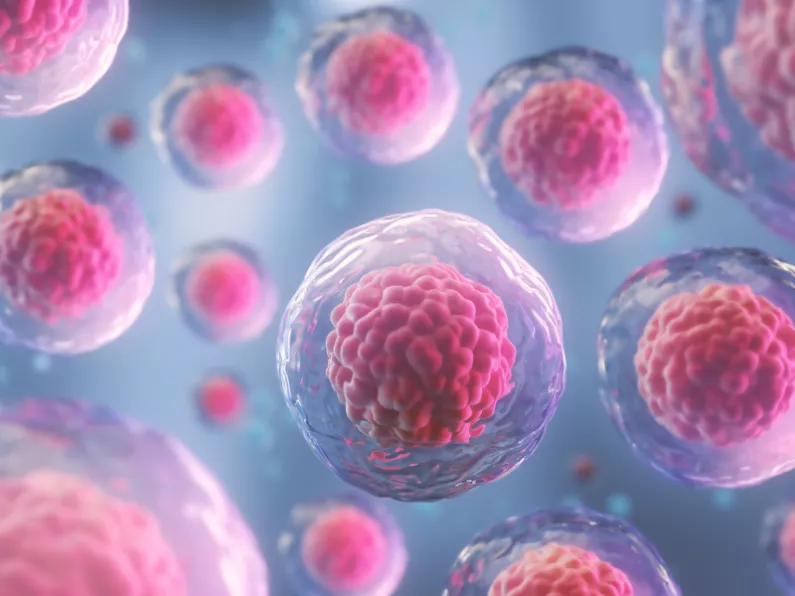RSV, or respiratory syncytial virus, is a common respiratory virus that usually causes mild, cold-like symptoms.
Most people recover in a week or two, but RSV can be serious, especially for babies and young children.
Children at greatest risk for severe illness from RSV include:
- Premature babies
- Infants up to 12 months, especially those 6 months and younger
- Children younger than 2 years with chronic lung disease or congenital heart disease
- Children with weakened immune systems
- Children who have neuromuscular disorders, including those who have difficulty swallowing or clearing mucus secretions.
RSV in babies: what you need to know
Virtually all children get an RSV infection by the time they are 2 years old.
Infants who get an RSV infection almost always show symptoms, whereas adults can get RSV infections and not have symptoms.
In babies less than 6 months old, the symptoms of RSV infection may include:
- Irritability
- Decreased activity
- Eating or drinking less
- Apnea (pauses in breathing for more than 10 seconds).
It's important to know that RSV infections don't always cause fever.
If your child is having difficulty breathing, not drinking enough fluids, or experiencing worsening symptoms, you must call your doctor immediately.
Most of the time RSV will cause a mild, cold-like illness, but it can also cause severe illness, such as:
- Bronchiolitis (inflammation of the small airways in the lung)
- Pneumonia (infection of the lungs).
Some children are at increased risk of severe RSV disease, including those who were born prematurely, or who have chronic lung or heart disease or a weakened immune system.
Two to three out of every 100 infants with RSV infection may need to be hospitalized.
Those who are hospitalized may require oxygen, IV fluids (if they aren’t eating and drinking), and a ventilator. Most improve quite quickly and are discharged in a few days.
Symptoms of RSV
RSV may not be severe when it first starts. However, it can become more severe a few days into the illness.
Early symptoms may include:
- Runny nose
- Eating or drinking less
- A cough, which may progress to wheezing or difficulty breathing.
Everyday measures to help limit the spread of RSV
Like with other respiratory viruses, you can help limit the spread of RSV by using the following preventive measures:
- Wash your hands often: Wash your hands often with soap and water for at least 20 seconds, and help young children do the same. If soap and water are not available, use an alcohol-based hand sanitizer.
- Avoid touching your face with unwashed hands: Avoid touching your eyes, nose, and mouth with unwashed hands.
- Avoid close contact with sick people: Avoid close contact, such as kissing, and sharing cups or eating utensils with people who have cold-like symptoms.
- Cover your coughs and sneezes: Cover your mouth and nose with a tissue or your upper shirt sleeve when coughing or sneezing. Throw the tissue in the trash afterward.
- Clean frequently-touched surfaces: Clean surfaces and objects that people frequently touch, such as toys, doorknobs, and mobile devices.
- Stay home when you are sick: If possible, stay home from work, school, and public areas when you are sick. This will help protect others from catching your illness.









